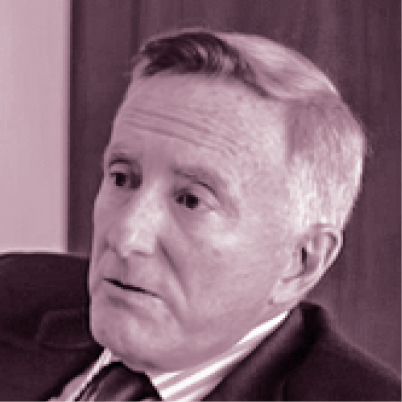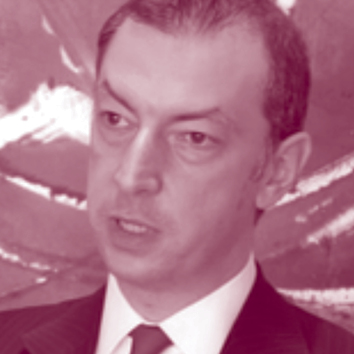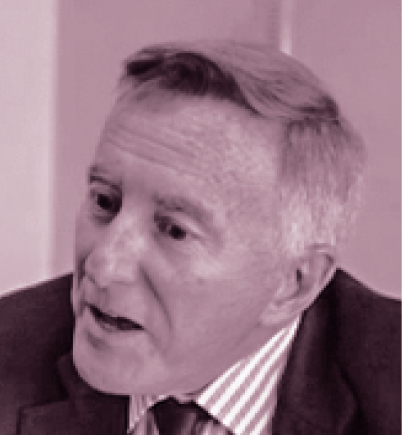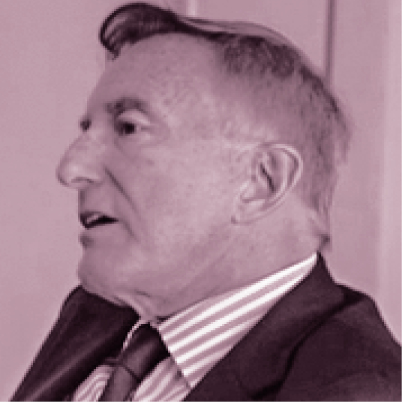Before we start, I’d like to mention a report I received yesterday from a friend who works at a major European bank. The title was Turkey at the Crossroads, and it reminded me of a speech I gave to foreign guests a few months back. The title of that speech was – quite by chance – very similar. Even more interestingly, the very first speech I gave to a foreign audience when I had just started work in 1974 also had the same title. So, it seems to me that Turkey is always at a crossroads. We arrive at a junction where we need to make a number of major decisions, decisions that would seem to be vital for our country, and then 40 years or so pass and there we are again, talking about our crossroads. Moreover, I’m certain many of us have given dozens of speeches entitled Turkey at the Crossroads throughout all that time.
What exactly does this mean? Clearly, we’ve gone through many stages to get to where we are today. We had a completely different economic environment in the 1970s and 1980s, as we all know. Turkey made a great effort to open up to international markets but failed to achieve the balances we wanted. Things went a little out of kilter in the 1990s. Then, in 2002, we entered a period of political stability that has continued to the present. At first, this stability was accompanied by a highly satisfactory and encouraging economic performance; Turkey was even able to maintain a satisfactory performance after the global financial crisis of 2007–2008. But a slump in recent years and an unpromising economic performance has raised questions about the future. Of course, we mustn’t forget the effect of the dramatic events that have taken place in and around Turkey on our politics and economy. Considering these developments, how should we approach this idea of “Turkey at the crossroads”? What kind of crossroads is it? What can we do to ensure we choose the right direction? Can we begin with these points?










